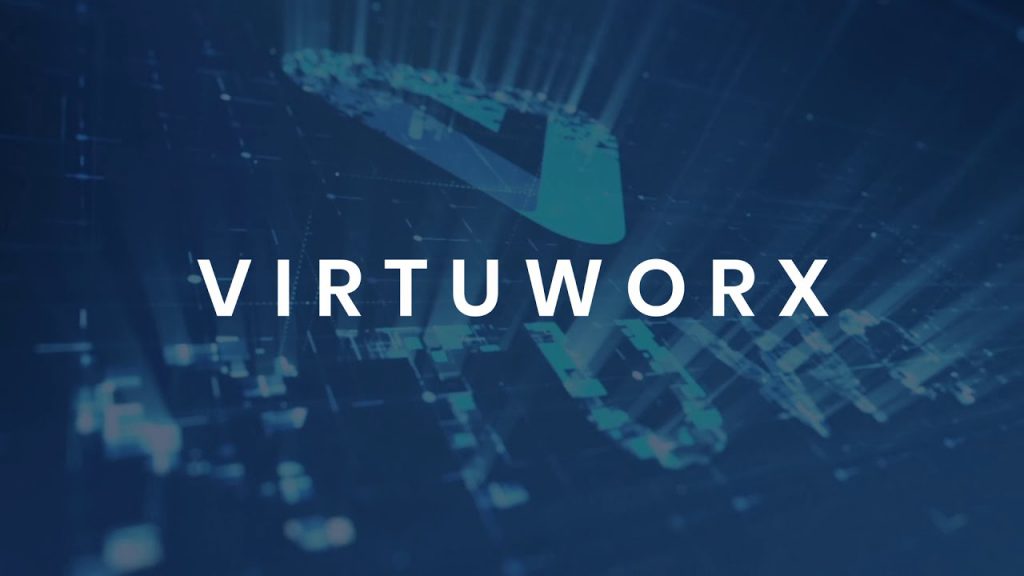Virtuworx Leverages Disruptive Technologies to Power the Future of Work and Play
-
By The UBJ

- Categories: Featured
Related Content
Flame J Records setting benchmarks in the USA Music Scene with Artist Flame J
By
The UBJ
April 23, 2024
The Power of Plum Vitamin C Serum for Radiant Skin
By
The UBJ
April 17, 2024
How Audacia Is Inventing a New Way of Investing in E-Commerce
By
The UBJ
April 17, 2024
"The Party" by Morreale Paris: Where Fragrance Meets Film
By
Deborah Blum
April 17, 2024
A CONVERSATION WITH THE GREAT ROBIN DE LEVITA
By
Deborah Blum
April 15, 2024